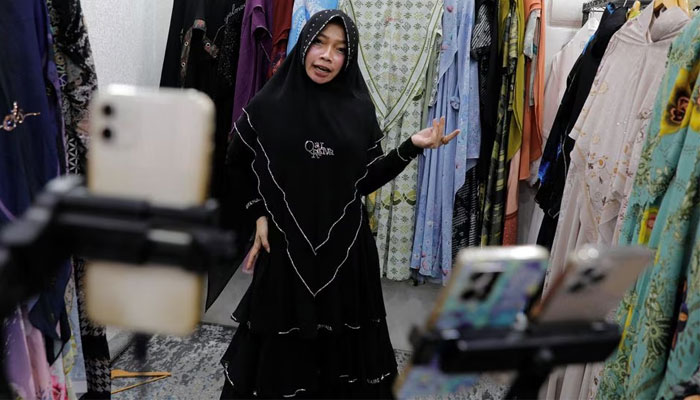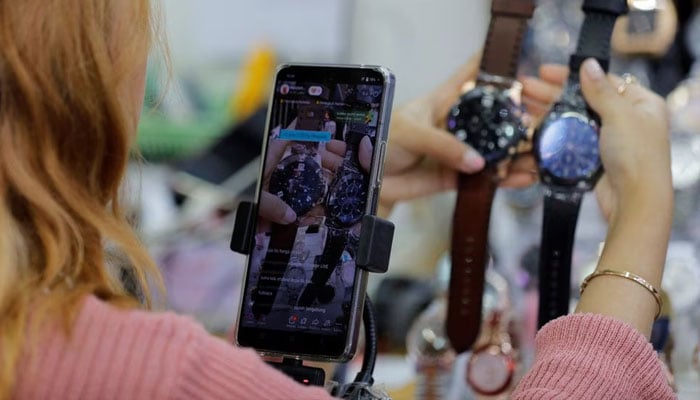[ad_1]

Indonesia has dealt a significant blow to TikTok by imposing a ban on e-commerce transactions conducted through social media platforms.
This move, effective immediately, was announced by the country’s trade minister, and it poses a challenge to TikTok’s ambitions of expanding its e-commerce presence in Southeast Asia’s largest economy.
The Indonesian government’s rationale for this ban is to protect traditional offline merchants and marketplaces. They argue that predatory pricing on social media platforms poses a threat to small and medium-sized enterprises (SMEs) that operate in physical stores.
This decision comes merely three months after TikTok announced a substantial investment of billions of dollars in Southeast Asia, with a primary focus on Indonesia. TikTok had been aggressively pushing to establish its e-commerce platform called TikTok Shop, leveraging its substantial user base in the country.

TikTok, owned by China’s ByteDance, boasts 125 million active monthly users in Indonesia, and it has been eyeing this user base as a potential source of significant e-commerce revenue.
In response to the ban, a TikTok Indonesia spokesperson expressed concern about its impact on the livelihoods of the approximately 6 million local sellers active on TikTok Shop. They also pledged to take a constructive approach to address this issue.
The Indonesian Trade Minister, Zulkifli Hasan, defended the regulation, emphasising its intent to ensure fair competition and user data protection. He raised concerns about social media platforms evolving into e-commerce platforms and even banks, stressing the need for regulation.
Under the new regulation, e-commerce platforms in Indonesia must establish a minimum price of $100 for certain items purchased directly from abroad. Additionally, all products offered must meet local standards. TikTok has been given one week to comply with these rules, with the threat of closure if it fails to do so.
![[4/4]Printed TikTok logos are seen in this illustration taken on February 15, 2022. — Reuters](https://www.geo.tv/assets/uploads/updates/2023-09-27/511957_9414920_updates.jpg)
Research firm BMI noted that TikTok is likely the sole business entity affected by this transaction ban and suggested that it would not hamper the overall growth of the digital marketplace industry in Indonesia.
Indonesia’s e-commerce market is currently dominated by domestic tech firm GoTo’s Tokopedia, Sea’s Shopee, and Chinese e-commerce giant Alibaba’s Lazada.
E-commerce transactions in Indonesia amounted to nearly $52 billion in the previous year, with approximately 5% occurring on TikTok, according to data from consultancy Momentum Works.
While this ban presents a setback for TikTok’s ambitions, it remains to be seen how the company will navigate this regulatory challenge and whether it will impact its overall strategy in the region.
[ad_2]
Source link
